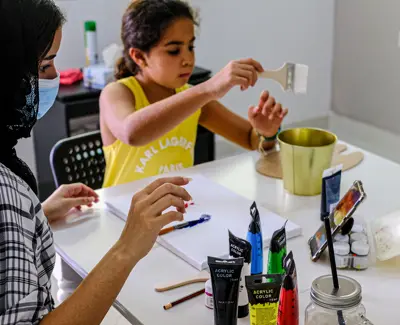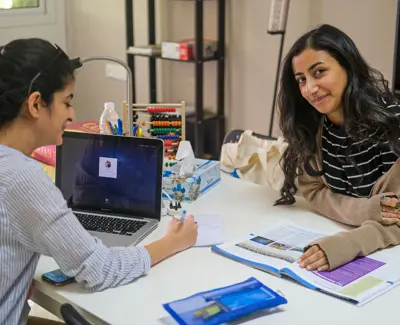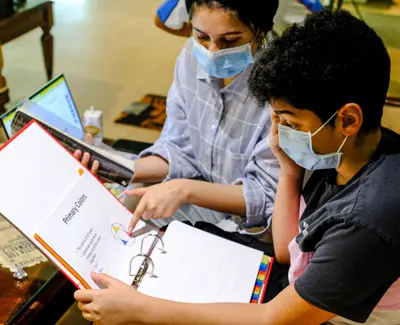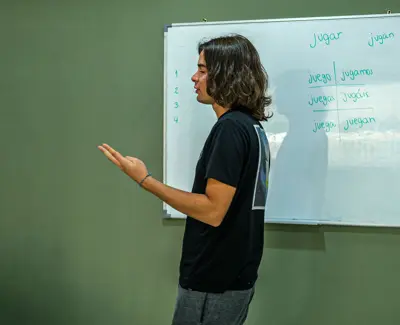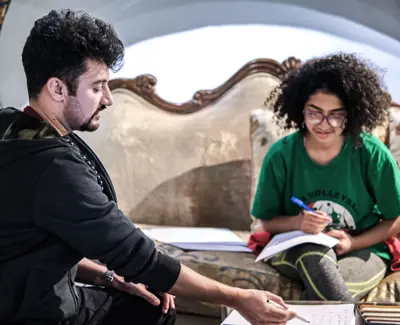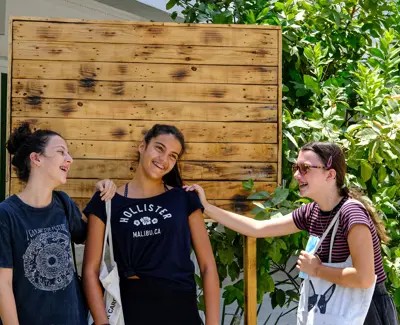Overview
The game of Chess has been played for approximately 1500 years and has been traced back to Indian origins before the sixth century, A.D.
It is a game of tactics and strategy culminating in the winner trapping an opponent into not being able to make any further moves or choice - checkmate!
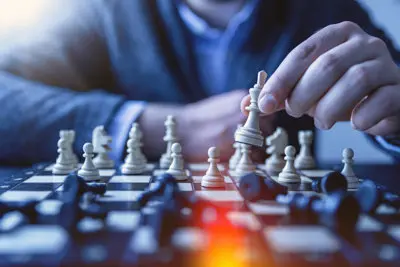
The 64 squares, 8x8 grid board contains 'pieces' representing varying importance and mobility and operates on both attack and defense principles.
IBM - Deep Blue
In modern times, the game has taken on international competitiveness and names such as Gary Kasparov have become associated with talented and skillful Chess players, although he was defeated by a computer called 'Deep Blue' in 1997.
The game is played with traditional physically crafted boards and pieces, as well as electronically on a range of devices from computers to smart phones. It has also taken on artistic properties in that chess boards and pieces are often hand crafted and sculpted into beautiful (and expensive!) works of art.



